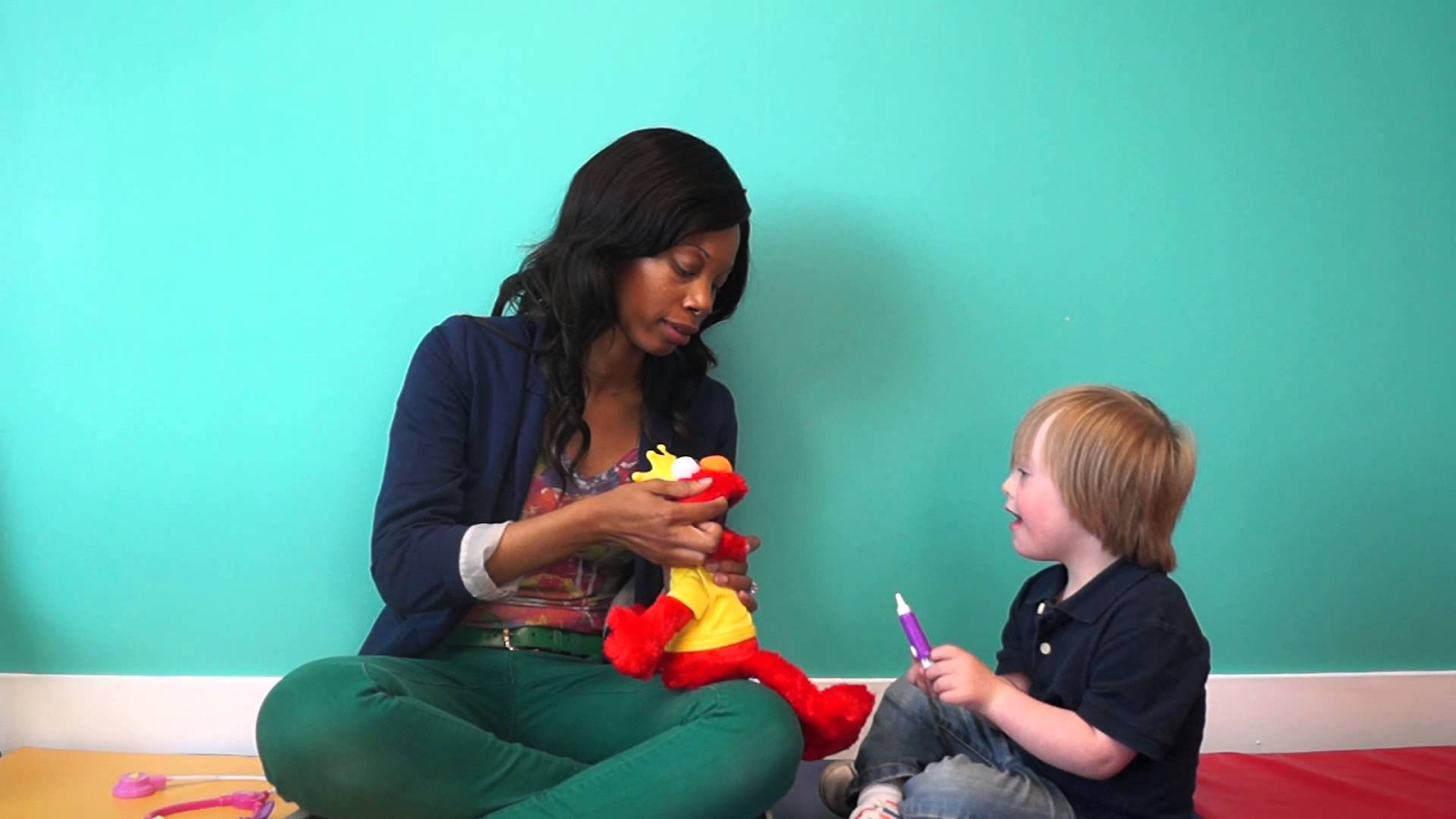The Ultimate Guide To Looking After Your Family's Health
General medical care can be a pretty tough thing to get your head around. But, of course, if you’re a parent, then it becomes even more dizzying! You need to make arrangements and considerations for your entire household.
This article is going to cover several areas that you need to be giving serious consideration. As it tends to affect your ability to look into other areas properly, we’re going to be looking at family health insurance first!
Health Insurance
One of the most complex areas to understand in this area is that of health insurance. It’s already a fairly complicated thing when you only have yourself to consider. But if you’ve got, let’s say, a family of four? Then it becomes a little bit more involved. It also becomes a lot more important!
Keeping that “when you only have yourself to consider” point in mind, here’s something you should remember. The insurance plan that any given person gets is going to be tailored quite heavily to them. The insurance plan that your family needs to going to differ in many respects to that of what a healthy person in their mid-twenties is going to need. Head over to a Health Insurance Finder to compare health insurance quotes and find the most suitable one for you and your family. Do your research and check out the best and worst states for healthcare that will help you to make a well-informed decision
You need to factor in several things when making such a decision. For example, the combined salary that both guardians bring in is going to affect the policy you can get. In fact, some policies may take into account each of your salaries individually. The jobs you both do will also be taken into account. Are they dangerous jobs? In other words, how likely will it be that you’ll need a payout?
Aside from the number of children you have, as well as their ages, not much is taken into account by companies where they’re concerned. After all, your child is unlikely to have a salary and a risky job! But companies will take into account any existing health problems. If anyone in the family unit that needs to be insured has an existing condition, that will affect the policy you can get. It may even be assumed that any conditions either guardian has may have passed onto the child, even if symptoms haven’t appeared yet. This will also affect your policy, as unfair as it may sound. If you need to be detailed calculation, you should check out www.eHealthInsurance.com.
Picking A Family Doctor
For many guardians, it’s more practical to arrange for your family to have one doctor. If the parenting couple both see the same doctor, then it makes sense that their children should see the same one!
Of course, the type of doctor I’m talking about here is the primary care doctor. This is the person who is your go-to whenever your family need to seek medical advice. If you want a doctor to see your whole family, then you may want to look for someone who specializes in family care. You can ask your clinic for a “family doctor”; this should get you the information you need.
Family doctors don’t differ too much from other doctors. But the chances are they will have more hands-on experience with dealing with all the members of your household. They may even be willing to visit your family at home and if you’re at nearby hospital.
It may be advisable that you don’t jump straight for the first doctor you see who specializes in family care. Just as you would with a personal doctor, you need to take many factors into consideration. What are their office hours, for example? And at their office, are there suitable doctors who could take over if an emergency puts them out of work temporarily? Do they speak in a confusing manner, or do they make things clear for you? If you’ve found someone you like the look of, book an appointment with them and talk about your situation. Find out more about doctor selection at www.wikiHow.com.
Oral Health
You’ve also got to consider your family dentist! You may actually need to be more careful in this area than you are with choosing a doctor. The reason is because you need to get your family into a habit of going to the dentist throughout their lives.
You may understand already why this is such a sensitive area. The awkward fact is that people tend to avoid going to the dentist more than they avoid going to any other medical care professional. Sure, people often put off visiting their physician, even when there’s a troubling problem at hand. But unless there’s a critical emergency, people often avoid going to the dentist.
It can be tough enough to get kids to care about their oral health as much as they should. Getting them in the habit of brushing their teeth for at least a couple of minutes twice a day can seem like an annoying task. Mouthwash usually isn’t a problem because they see it as fun. And don’t even get me started on trying to get kids to floss regularly! We try to make sure our kids know how important oral health is so that they have good habits throughout their lives. Maintaining oral hygiene for kids with ADHD can be challenging at times but there are a lot of techniques and reinforcements you can use to deal with this concern.
One of the best ways of improving such habits is to be careful about the dentist you choose for your family. If the dentist you go with is unpleasant and turns every appointment into a painful experience, then that’s going to do some damage. If you go with a more compassionate dental care option, then your kids may grow up more willing to attend the dentist in Flint when they need to throughout life! To find out more about family dentistry, visit www.MonroviaFamilyDentistry.net.
Mental Health
This is something that very few families think about seriously. Thankfully, this is due, in part, to the fact that it’s not something that becomes a problem for most families! But there’s no denying that mental health problems are more widespread in our society than many are willing to believe.
And here’s a sad truth about modern society. It may be due to improved recognition or to actual increases in the problem. Either way, more and more children are being diagnosed with depression and anxiety disorders. The problem here is that it’s very difficult for parents to recognize signs of mental illness in their children. In fact, many parents don’t believe the range of mental illnesses that children can suffer are that wide. They may only believe that a child’s potential problems in this area are limited to things like ADHD or disorders in the autism spectrum. And even those thing are, by and large, very misunderstood.
But young children can and do suffer from a range of mental illnesses not remarkably different from what adults suffer. It’s true that they generally suffer it to a lesser extent. But it can become quite severe due to how hard it is to figure out if there’s a problem. Mood swings and exaggerated worry are things that most children go through, after all. But anxiety and depression? These are much more acute things.
You should definitely make a note to be on the lookout for signs of mental health problems from the time your child is around eight or nine. Things like this do tend to occur or manifest themselves more as your child enters puberty and the late teenage years. Things you should be on the lookout for often include physical symptoms. For example, is your child losing weight? A lack of appetite might indicate a serious problem. Find out more about seeking a good child counsellor at www.GoodTherapy.org.
When A Family Member Falls ill: Knowing Your Employee Rights
Another thing you need to do is to make sure you know where you stand with your employer if something happens. This can work as part of a wider plan your family should have in place if someone falls ill or if there’s a medical emergency. Each company will have different policies when it comes to health problems regarding your family. But, thankfully, the law will have your back the vast majority of the time.
Things can differ from state to state in America. But, generally, you should be entitled to several weeks of paid leave if a family member falls ill. However, what constitutes as “ill” tends to be what varies from state to state or even from company to company. Some will only take very serious health conditions or emergencies into consideration.
It’s best to know precisely what the policies of your company are before something happens. So make sure you check your contract or any available employee handbook. See if you can get some time in with your employer to have a quick chat about such an instance. This is especially important if, for example, your child has a long-term condition that may often require your attention. Most employers should be very understanding of your position. Making sure to talk to them about it beforehand will also give them the advantage of preparing for such an outcome. Everyone is better off if you have an open conversation about these matters!
Of course, you should also remember to research your rights in this area. For more information, visit www.DOL.gov.







